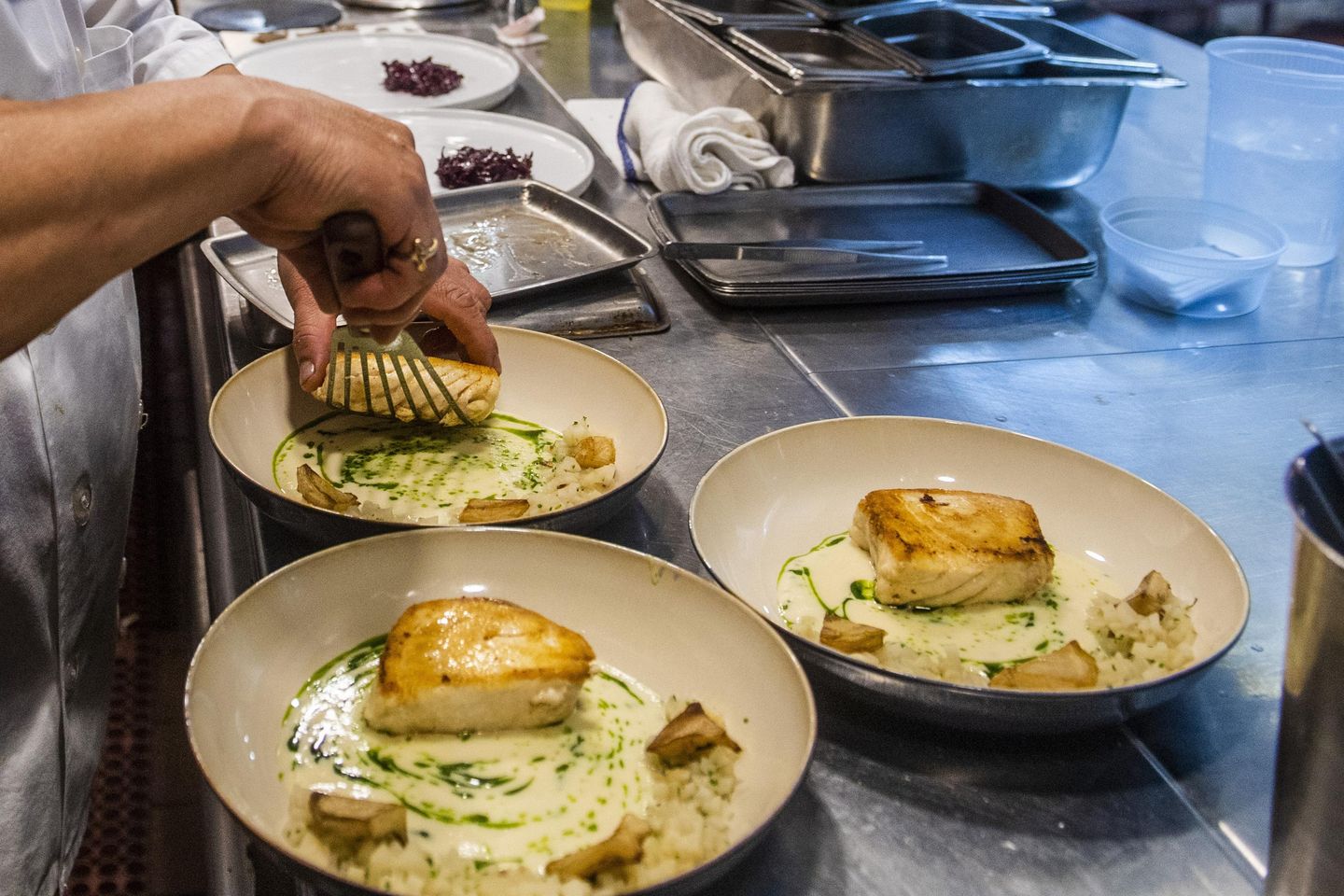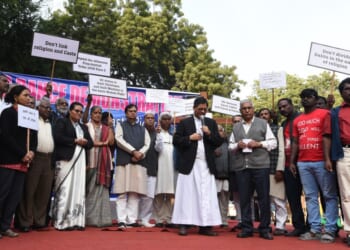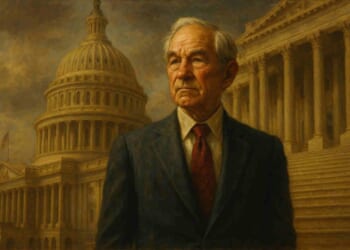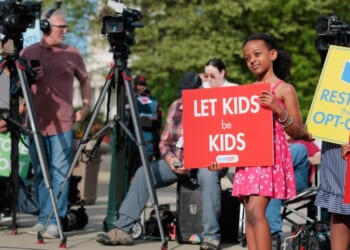
Last-minute budget amendments and a late start delayed the D.C. Council from voting on Monday to amend a tipped minimum wage law that local businesses blame for record numbers of restaurant closures.
As of Monday night, the Democrat-controlled council had made no move to take up a proposal on the issue after arguing for hours over several last-minute proposals for how and where to make broader budget cuts.
Council members testily voted down surprise amendments that sought to change taxpayer funding levels for childcare benefits, ranked-choice voting and even the annual National Cherry Blossom Festival.
Chairman Phil Mendelson frequently reprimanded the audience for outbursts and expressed frustration with his fellow legislators for springing new ideas without previous discussion.
“I am going to ask, though, for order again in the audience,” Mr. Mendelsohn, an at-large Democrat, said roughly 4 1/2 hours into the discussion. “If folks cannot be quiet, then I’m going to ask that security remove them.”
The tipped wage initiative is one of the most contentious changes to Mayor Muriel Bowser’s proposed 2026 budget that the council has considered in recent weeks.
Under a ballot measure voters approved by a wide margin, the hourly minimum wage for restaurant servers before tips nearly doubled from $5.35 in 2022 to $10 in May 2023.
Known as Initiative 82, the law includes regular increases that could double it again to match the wage floor for non-tipped hourly workers – currently $17.95 and rising — by 2027.
The council voted earlier this summer to pause another increase in the tipped wage floor to $12 an hour that was scheduled to begin in June.
But on July 14, city lawmakers voted 7-5 to remove a proposal by Ms. Bowser to repeal Initiative 82 and to revert to an inflation-adjusted minimum of $5.95 an hour before tips.
Hundreds of restaurateurs have called on the council to repeal the law.
The Restaurant Association of Metropolitan Washington, a leading Initiative 82 opponent, reported this month that D.C. eateries are shuttering at a record pace of two per week in 2025.
According to the report, 53 restaurants have closed this year, nearly double the 28 that folded during the same period in 2024. That puts the nation’s capital on pace to surpass 100 closures by the end of 2025, breaking last year’s record of 73.
Several council members have objected to subverting the popular vote that authorized the wage increases, but have pledged to reach a compromise.
On Monday, Council members Christina Henderson and Charles Allen introduced an amendment to stretch out the tipped wage increases over a decade, reducing the goal to 75% of the non-tipped minimum by 2034.
Their amendment would require pay stubs and financial reviews to track the effects on eateries and workers. It also proposes keeping the tipped minimum wage frozen at $10 per hour until next year.
“This approach ensures that tipped employees’ wages rise annually and keep pace with inflation, while also preventing restaurants’ operational costs from rising at an unsustainable rate due to legislative mandates,” the amendment states.
Local restaurant owners have expressed greater enthusiasm than minimum wage advocates for this compromise.
The Fair Price Fair Wage Coalition said Monday that it was “adamantly against the amendment.”
“The amendment completely rejects every principle that voters supported in I-82,” said the group, which supports wage increases. “It maintains a two-tiered wage system that keeps a tipped minimum wage; prevents workers from getting any wage increase in 2025; and has annual increases of less than a dollar a year until being capped at 75% of the full wage.”
Opponents of Initiative 82 say tipping has waned as more restaurants have raised prices, simplified menus and implemented service fees to offset increased payroll costs.
An analysis of federal data from the National Restaurant Association shows that D.C. full-service eateries have cut more than 900 jobs since March, a 2.8% decline in staffing.
Yesim Sayin, executive director of the nonpartisan D.C. Policy Center, which tracks local business sentiment, said it was impossible to predict how long added amendments would delay the D.C. Council from voting on the tipped wage increase.
“This is not particularly unusual,” Ms. Sayin said Monday night.

















